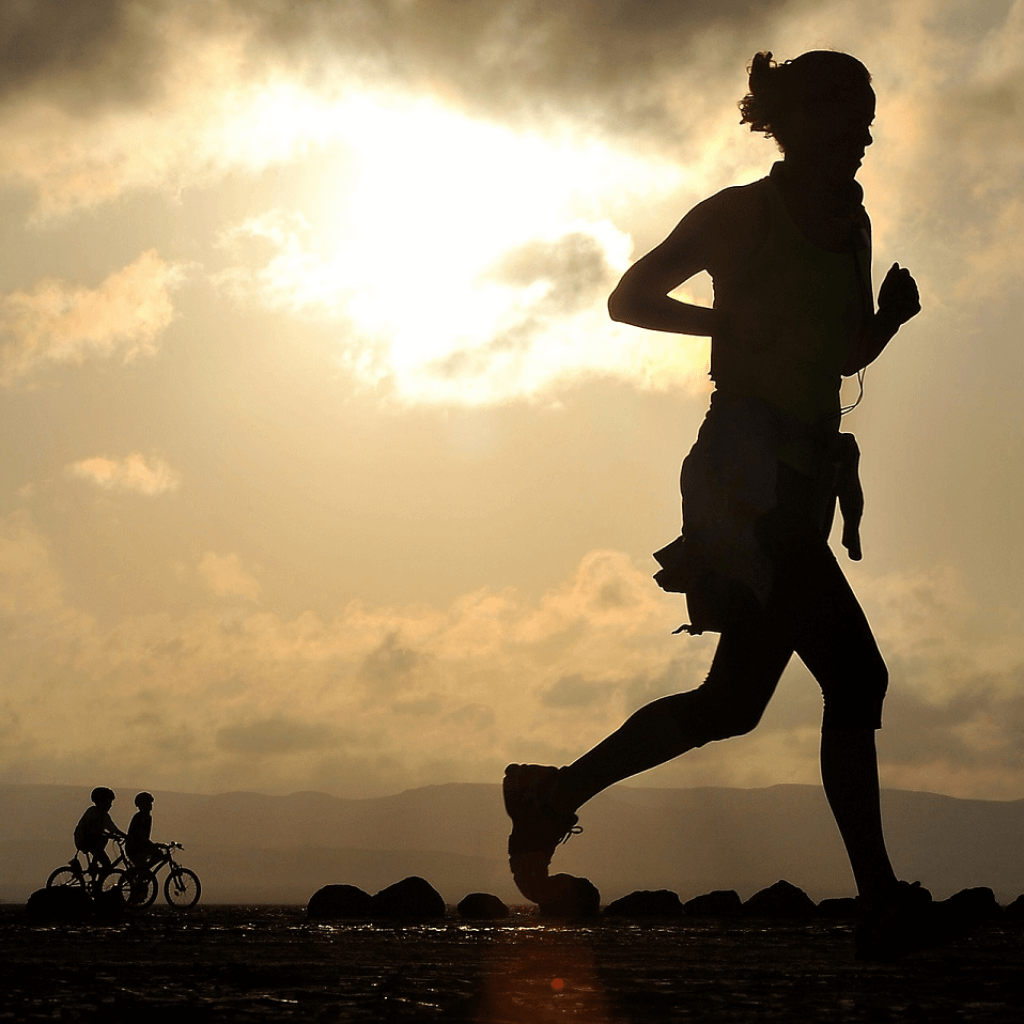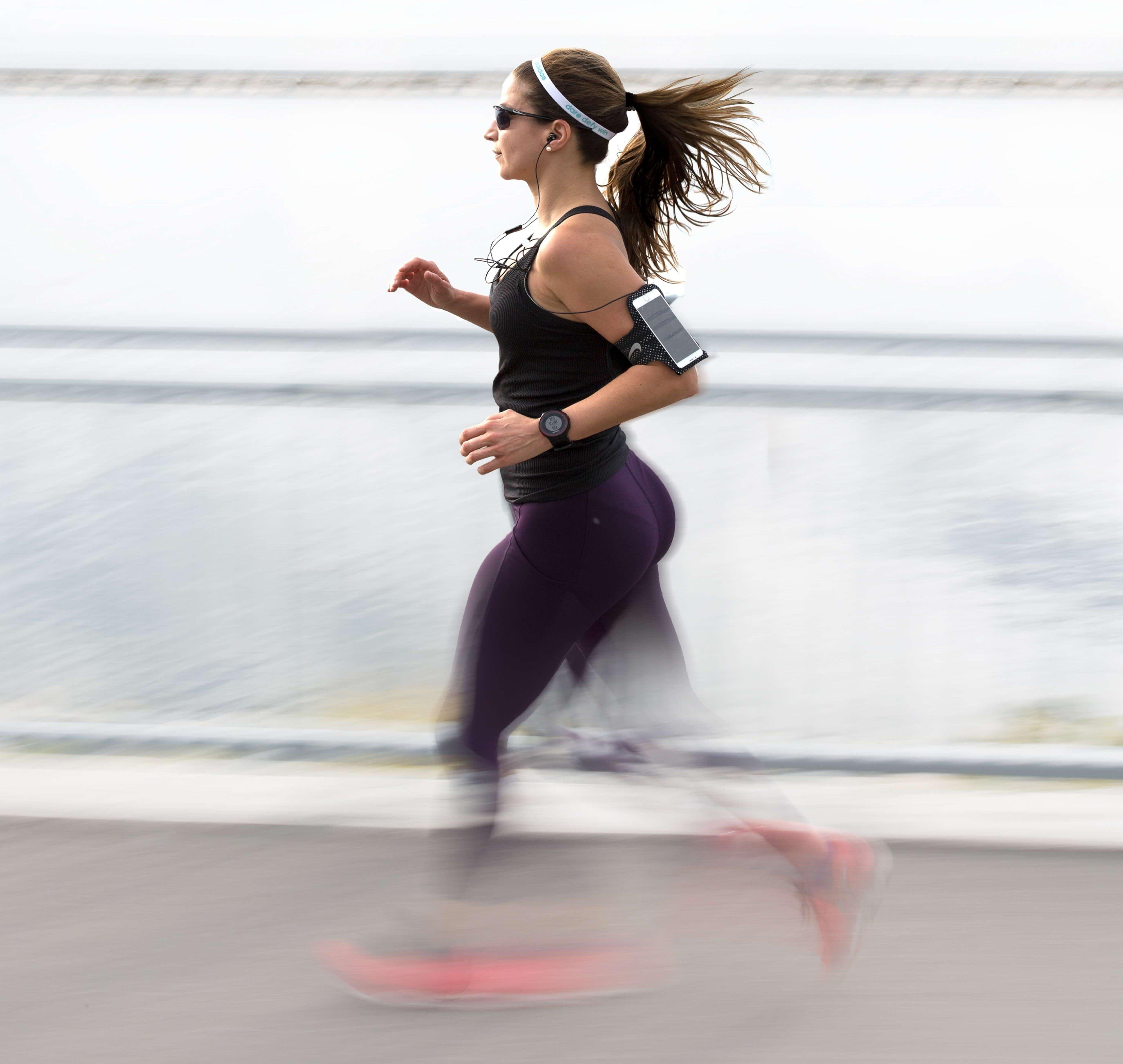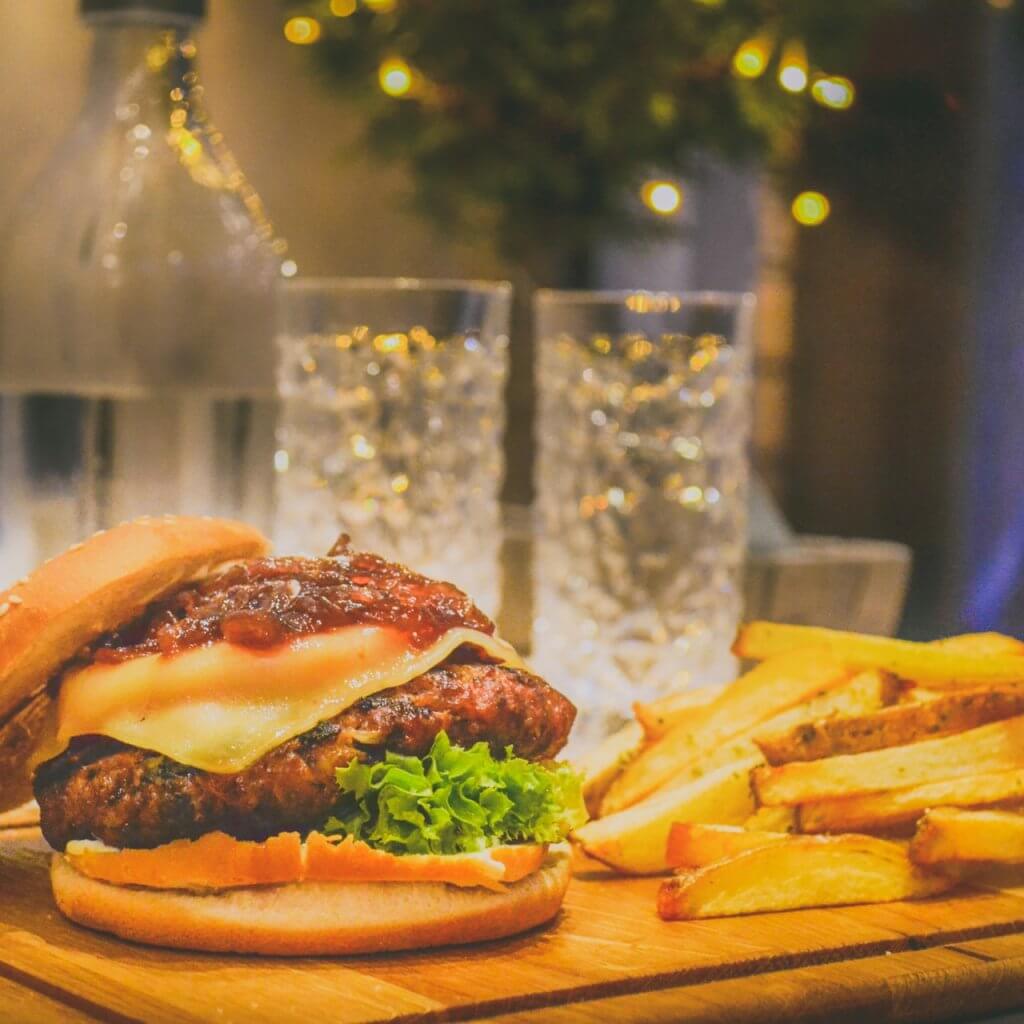A Runner’s Guide to Metabolism

The term “metabolism” gets thrown around quite a bit these days, yet most people don’t even really know what it is. Most people know that to have a “fast metabolism” is what’s most ideal for maintaining a healthy body weight and toned physique while still being able to eat what you want, while a “slow metabolism” is often spoken about with fear as a slow metabolism often means a long, hard road for people trying to stay slim. But to truly understand the human metabolism, one has to know quite a bit about the science surrounding digestion, the human body, and how so many moving parts (i.e. what we eat, what we do, our family genetics, etc) work together.
And it’s a bit of a lie that a “slow metabolism” is a death sentence for people who want to stay healthy and in shape, as it is a lie that a “fast metabolism” means you can eat whatever you want, whenever you want. And then there’s the ever-importance science of how running and exercise and our metabolism work together!
What is Metabolism?
To answer this question in its fullness, we’d need a lot more space than just this blog post- so we’ll keep it short. The metabolization of food happens at the cellular level – meaning that every cell participates in your metabolism. Simply put, metabolism converts the foods you consume into usable energy for your cells to perform their functions. And metabolism never stops – it is a constantly ongoing process that is happening in our bodies until we die.

When your body needs energy to grow new epidermal cells after you get a cut, constructive metabolism, called anabolism, takes place to rebuild and regrow cells. But when you’re out running on the trails and need a constant supply of energy to your heart and hard-working muscles, deconstructive metabolism, called catabolism, is occurring in which your cells are breaking down the food you have stored as glycogen into easily-accessible energy sources to help keep you moving.
And I’m sure you have heard that hormones play a big part in metabolism. This is because the body’s endocrine system – or the system that regulates hormones – is in charge of regulating metabolism as well. Specifically, hormones produced by one’s thyroid are in charge of determining how fast or slow one’s metabolism needs to be running, based on what the have eaten and what they are doing. So, yes, your metabolism actually functions at differing rates throughout the day. It can slow down and speed up.
How Exercise Affects Our Metabolism
To understand exercise’s effects on your metabolism, we first need to briefly hit on “RMR” or resting metabolic rate. This refers to the rate at which your metabolism burns through energy to simply keep you alive. Your body actually needs, on average, over a thousand calories a day from food in order to just perform the functions that keep you alive. Not only that, but there’s also the thermic effect of food to consider which refers to the amount of energy that’s used to simply digest the foods you are eating. These two factors give your metabolism a “starting place” for how efficiently it burns calories. Unlike other areas, you actually want an inefficient metabolism if you are wanting a “faster” metabolism that burns more calories.
From there, any form of movement or exercise that you do that burns calories will rev up your metabolism, because your body is signaled that it is in a deficit and needs to more quickly burn through energy supplies in order to keep you moving. This is why you have probably heard that exercise speeds up the metabolism, and it’s true. Running – especially interval running in which you increase speed or effort followed by periods of rest – will not only burn immediate calories but will rev up your metabolism for the 24 hours AFTER you’ve completed your run (known as Excess Post Exercise Oxygen Consumption, or EPOC).

This increase in metabolism after a run is actually accomplished through raising your RMR, or the amount of calories your body needs just to keep you alive. Without getting too complicated, the science can be simplified to this: high intensity training workouts put your body in an anaerobic state that metabolizes fat stores more efficiently, and also builds muscle more quickly. Your metabolism uses more energy (i.e. burning calories) to maintain muscle than it does to maintain fat, and putting your body into an anaerobic state (i.e. a heavily fatigued state) means it’ll take your body more time (and more calories burned) to fully recover. These two things lead to an overall increased metabolism from exercise.
How the Food We Consume Affects Our Metabolism
The easy answer is that food fuels your metabolism. The calories consumed through food are the sources of energy the body uses to turn on all its metabolic processes and keep you alive, alert, breathing, and moving. Like we already mentioned, your body has a baseline amount of calories it has to consume just to keep you alive. Without it, our metabolic processes start to shut down and our bodies enter starvation mode.

If you know of people who suffer from anorexia nervosa, this is why they may seem so tired and lethargic. When we severely restrict our intake, the body’s metabolism slows down to conserve energy to help keep us alive. Without enough calories, our body will slow down how fast it processes energy and adjust to survive on less calories than it would like to because we’re eating less. Similarly, when we start to increase our intake, our metabolisms start working faster and speed back up to the rate they want to function at.
Our bodies are smart. We need to trust them. Oftentimes, people get overly worried about eating too much, that one or two bad meals (heck, even a whole vacation week) will cause serious weight gain. But actually, our metabolisms will speed up when they are fed more. They know they have more energy to burn through, and will do their best to do so. And the good news is that there are a few simple tips for quickly revving up our metabolisms: drink plenty of COLD water (the body has to work harder when it’s cold) and indulge in foods that have been known to temporarily increase metabolism, like green tea and spicy foods. And make sure you’re getting plenty of sleep so your body is rested well enough to function properly.
Sources
- , Metabolism, Kids Health Article
- , How Exercise Affects Your Metabolism, Fit Day Article
- , 5 Common Cardio Mistakes (And How to Avoid Them!), Fit Day Article
- , 10 Easy Ways to Boost Your Metabolism (Backed by Science), Health Line Article
Latest Articles
 Is Running on a Treadmill Easier Than Running Outside?Runners have their own preferences, whether it is treadmill running, running outside on the road, or exploring trails. So...
Is Running on a Treadmill Easier Than Running Outside?Runners have their own preferences, whether it is treadmill running, running outside on the road, or exploring trails. So... Is It OK to Use Trail Running Shoes on the Road?While trail running shoes can be used on roads, especially in situations where a runner encounters mixed terrains or pref...
Is It OK to Use Trail Running Shoes on the Road?While trail running shoes can be used on roads, especially in situations where a runner encounters mixed terrains or pref... How to Fix Sore Quads After Running?Rest, ice, gentle stretching, and over-the-counter pain relievers can help soothe sore quads after running. Also, ensure ...
How to Fix Sore Quads After Running?Rest, ice, gentle stretching, and over-the-counter pain relievers can help soothe sore quads after running. Also, ensure ... 10 Fruits With The Most Electrolytes to Replace Sports DrinksThese fruits are high in electrolytes such as potassium, magnesium, and calcium, essential for hydration, muscle function...
10 Fruits With The Most Electrolytes to Replace Sports DrinksThese fruits are high in electrolytes such as potassium, magnesium, and calcium, essential for hydration, muscle function...

